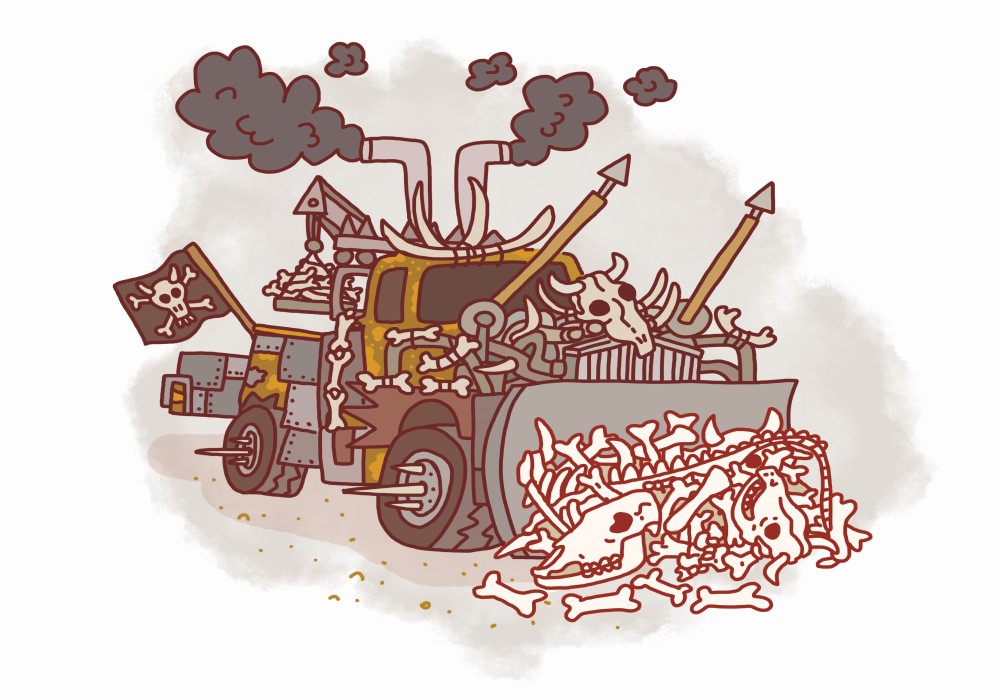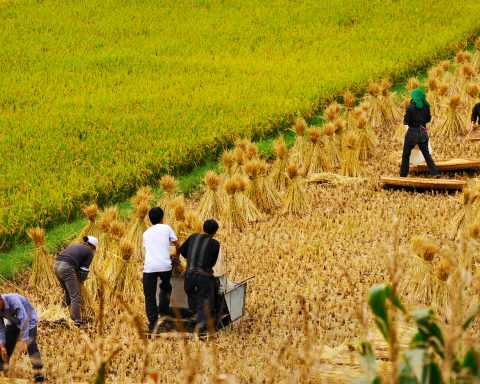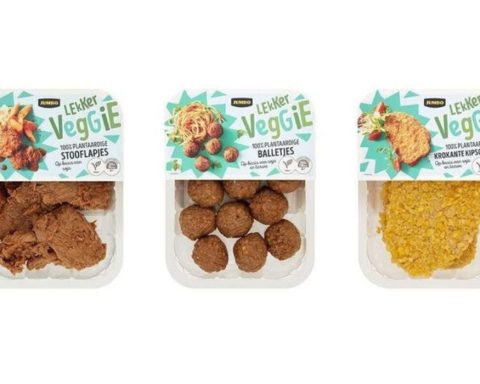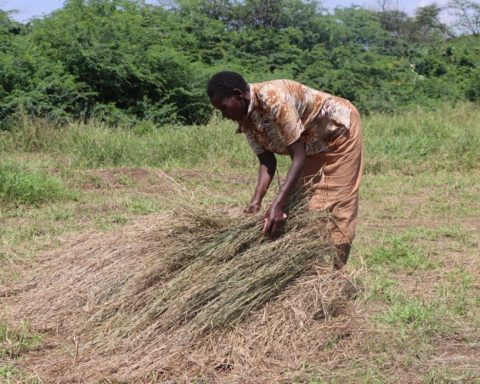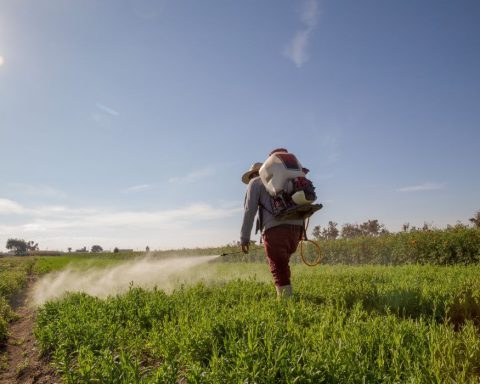The rap sheet against meatpacking companies is a long one. Cruelty to animals, exploitation of workers, degradation of the environment and anti-competitive practices are just some of the charges levelled against them over the years.
Firms such as Cargill, Conagra and Tyson Foods would all make worthy winners of a Zero award. However, we’ll opt this time for the largest of them all, Brazilian-owned JBS, which employs around 250,000 people in more than 20 countries. It’s hard to think of any business with a more eye-popping record of scandal.
JBS faces frequent accusations that it sources cattle and poultry from illegally deforested land in the Amazon and the Cerrado, a vast swathe of grasslands in the east and south of Brazil. In 2022, the company admitted it had bought almost 9,000 cattle from farms belonging to notorious businessman Chaules Volban Pozzebon, who prosecutors have described as “one of the biggest deforesters in Brazil” and who is serving a prison sentence for conspiracy, extortion and illegal logging.
The company claimed it was the victim of a cattle laundering fraud and said it has since fired several of the executives responsible for this purchase, but the episode was just the latest in a string of reports linking the company to deforestation. A 2022 investigation by Repórter Brasil, a human-rights group, and Ecostorm, a U.K.-based investigative agency, concluded that JBS chickens fed with corn and soybeans grown on deforested land have ended up in British supermarkets.
And the shenanigans don’t end there. In September 2022, JBS agreed to pay US$20 million to settle a U.S. lawsuit alleging that it conspired with other meat producers to inflate pork prices. (Several of the other companies faced similar charges.)
JBS claims to be the first global meat company to commit to net-zero greenhouse gas emissions by 2040. However, it might be challenging for it to reach its climate goals, particularly after the company announced last fall that it’s pulling out of the plant-based market in the United States. And a study released by environmental groups last spring found that the company’s carbon emissions increased by 50% in the previous five years.
“We care about our role in the world and our responsibility as a global food company,” the company’s latest sustainability report proclaims.
True or not, JBS has much work to do to prove it means what it says.
Find out which company we crowned as the Hero of our 2023 winter issue.


